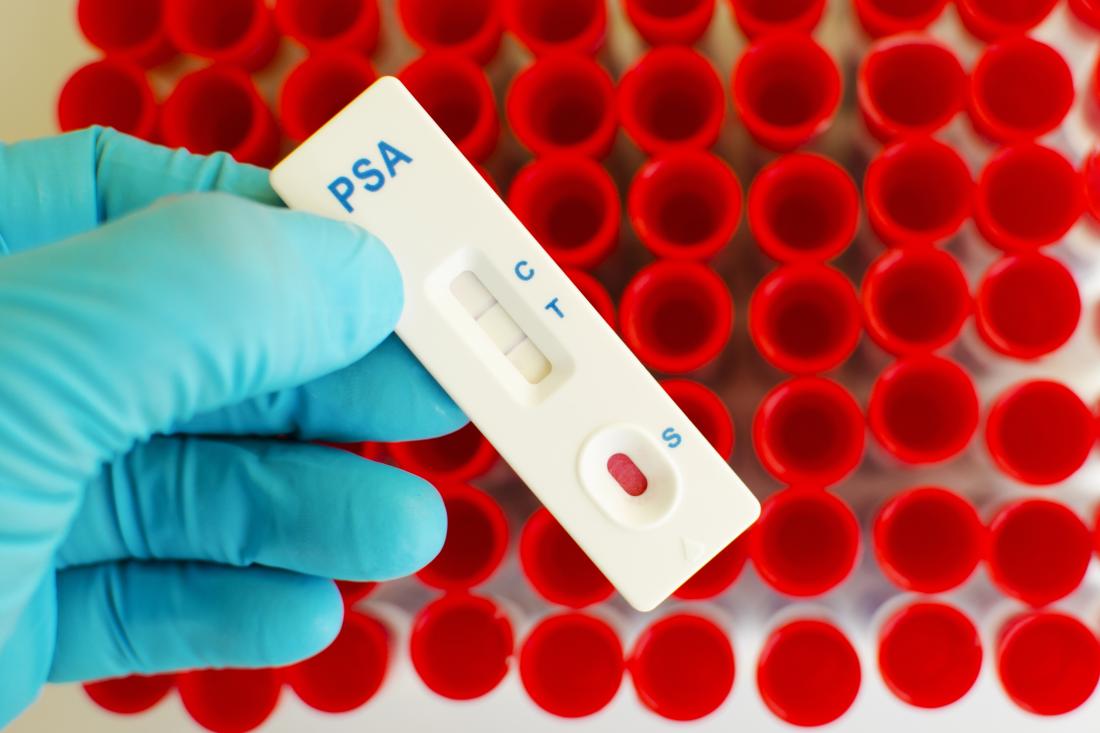
In a new study it is found rate of prostate cancer cases has declined sharply in the US. In recent years fewer men are being screened for the disease and also fewer early stage cases now are being detected.

Details of the finding are published in The Journal of the American Medical Association.
The prostate specific antigen (PSA) blood test is used to detect very early stage of prostate cancer. However, it is also said the test is not 100 percent reliable. Moreover, prostate tumors are slow growing and are far less aggressive compared to other types of tumors. So, the tumors may not turn out to take the lives before the natural death of the individual.
It is said the sharp drop was due to the recommendations of US Preventive Services Task Force against routine testing, which suggested in 2008 for men aged 75 and above, and in 2012 for men of all ages.
Government surveys find in 2008 about 41 percent of men 50 and above were reported to have tested for prostate-specific antigen (PSA) and in 2013 the figure dropped to 31 percent.
Meanwhile, doctors are recommended to discuss the benefits and harms of PSA with patients and leave the decision to undergo for it to them.

